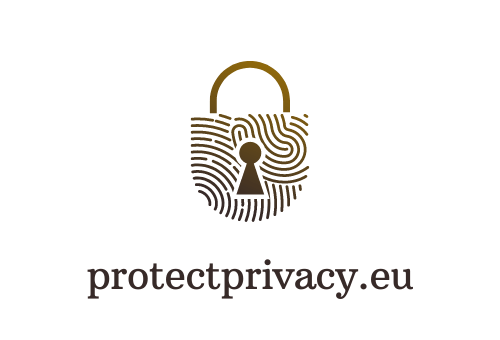Three Privacy-Friendly Google Search Engine Alternatives

Google remains the prominent leader among search engines on the Internet. This should come as no surprise to anyone. The flagship product of Google LLC came to light in 1998, and with innovative solutions, it easily won the hearts of the users. For many years, the renowned search engine rightly enjoyed the status of “irreplaceable”. However, in the year 2023, the situation looks quite different. Google not only has competitors, but it also has those whose advantage is respecting users’ privacy. The main accusations against the online giant are related to the way it collects and uses data from people who visit its servers. Below you will read about three great search engines that may make you forget about “googling” things for a while.

DuckDuckGo – privacy protection for everyone
The mission behind DuckDuckGo is to show the world that privacy protection on the Internet is actually a simple matter. The search engine was created in 2008, and two years later its creators made a bold move – they stopped tracking users. Since then, privacy protection has become the main theme in DuckDuckGo’s marketing activities. In 2018, a mobile application and a browser extension were also released. The latest “milestone” in terms of the number of queries on DuckDuckGo took place in June 2022 and reached 50 billion.
The search engine itself is quite minimalist. However, this does not mean that DuckDuckGo’s creators have completely forgotten about functions that allow you to customize the product to individual needs. We can change things like language, region, or even the font type and colors of the generated results.
A useful feature in DuckDuckGo is Bangs – allowing you to search on other websites from the same privacy-protecting search engine. Just enter the appropriate code preceded by an exclamation mark before the searched keyword. For example, to generate results from the Google search engine, you first enter the code !g, and then the keyword. Interestingly, there are currently over 13,000 Bangs codes – you can find the whole database, as well as more details about this solution here.

By using DuckDuckGo, theoretically, you don’t have to worry that your activity will be tracked. Search results pages, whenever possible, automatically open in encrypted versions.
However, it is worth noting that DuckDuckGo is mainly powered by Bing, a competing tool from Microsoft Corporation. In May 2022, the “private search engine” came under criticism when the presence of Microsoft tracking elements was revealed. The CEO of DuckDuckGo later explained that the current limitations contained in the agreement with the company founded by Bill Gates were responsible for this state of affairs. A few months later, DDG leaders announced the reduction of Microsoft “trackers”. Despite some controversy, DuckDuckGo remains a popular option for people who care about privacy protection on the Internet.
Startpage.com – Google-powered Private search engine
According to Startpage’s marketing slogan, their search engine is the “most private in the world”. They do not collect the personal data of users, do not personalize displayed ads, and do not save search history. For many users, the main advantage is the fact that the displayed results come from Google, for which Startpage.com pays.
Despite the lack of targeted ads, Startpage has found a way to generate revenue. They have focused on displaying contextual ads, based on the keyword entered by the user.

The search engine was created in the Netherlands, where its headquarters are still located. This means that it is subject to privacy regulations established in the European Union, which are more restrictive than their American counterparts.
Startpage encrypts all searches in the standard of full HTTPS/TLS. Users also have access to the feature of anonymous browsing of websites through a proxy. Since 2013, StartMail has also been available – a mailbox promising security and privacy. However, the service is paid – currently, the cost is $5 or $5.85 for a monthly subscription.

Qwant – French Search Engine for Privacy-Conscious Users
Qwant is the last one on our list of three privacy-focused search engines. Similar to Startpage.com, Qwant takes pride in being a European company. It was founded in 2013 and is headquartered in Paris. Qwant does not use tracking or personalize ads or results.
The search engine is based on results from Microsoft Bing and also uses its advertising network. Users have three options to choose from – the basic page, the “light” version, and “Qwant Junior”. In the latter case, the restrictive filters are designed to provide safety for the youngest internet users.
After signing an agreement with Mozilla in 2016, Qwant secured the right to distribute a special version of the Firefox browser with its search engine set as default. It is available in the Apple Store for iOS devices. The French company has also released a product called “Qwant Maps” – an open-source alternative to Google Maps, using the OpenStreetMap database.

Interestingly, in 2018, the French government decided to exclusively use Qwant for government purposes. However, not everyone will appreciate this search engine. According to many users, the accuracy of the generated results significantly differs from that offered by Google.
Privacy-friendly search engines – summary
Competitive search engines are not able to threaten Google’s position. There is no sign of change in this situation, but controversies related to the collection and use of user data are increasing the popularity of alternative tools. Such search engines, whose main feature is a focus on privacy. In this article, you could get to know the three main alternatives to Google. Each of them provides greater privacy protection, so you don’t have to worry about your personal data anymore. Because privacy is a human right…







